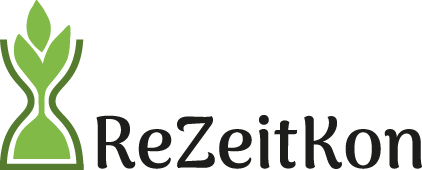
ReZeitKon (German acronym for Time Rebound, Time Wealth and Sustainable Consumption) is an inter- and transdisciplinary research project funded by the Federal Ministry of Education and Research (BMBF).
ReZeitKon is a joint project between TU Berlin (Division of Economic Education and Sustainable Consumption), Leuphana University Lüneburg (Institute for Environmental Communication) and the Fraunhofer Institute for System and Innovation Research ISI, Karlsruhe.
The project is accompanied by an advisory board including prominent representatives of relevant civil society institutions who have a longstanding expertise regarding the relationship between time and resource use with regard to work, education and consumption.
The concept of time wealth is explored in a variety of academic disciplines since the 1990s. Also in society, we can observe an increasing awareness towards the importance of time and time use for quality of life.
The way people deal with time has manifold consequences for society and environment. Time wealth and sufficiency are closely interrelated and can reinforce each other, whereas a lack of time might induce negative environmental implications, for example compensatory consumption.
So far, the literature defines time-rebound effects as additional use of natural resources due to free time, which result from the application of efficient technology and practices or the reduction of working hours. In parallel to such additional environmental effects, a more intensive use of time often also increases subjective perceptions of time pressure.
The objective of the ReZeitKon project is to empirically analyse the importance of time-rebound effects for sustainable consumption. In addition, we develop and evaluate measures that increase time wealth and at the same time reduce time-rebound effects.


